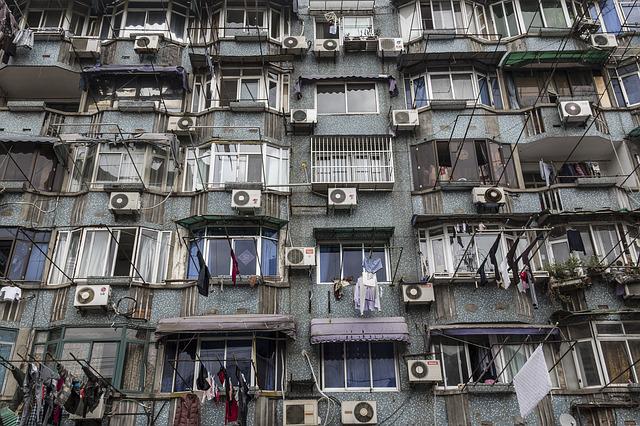If you live in a place where you need a heating and or cooling system most of the year, you will have to change your air filter from time to time. If you have a 20x20x1 air filter, the frequency with which you need to replace it will depend on how often you use the HVAC system, the quality of your air filter, and the type of material from which the air filter is made.
How often do you use this filter?
If you use your HVAC system daily, the air filter will wear out much more quickly. Every time you run your air conditioner, air filled with debris runs through it. If you don’t replace your filters regularly, You can cause the system to overexert itself. When this happens, you will have higher energy bills and will probably feel less comfortable.
A dirty filter can cause a backup in your system. The nuts and bolts of an air conditioning system can become corroded and that can cause an HVAC system to fall apart. You should replace your air filter at set intervals to avoid having expensive repairs done in the future.
What kind of air filter do you have?
One thing that will determine how often you will need to change a filter is the material that your air filters are made of. Some materials are of a higher quality and will last longer than others. You should consider the longevity of a filter before you go to buy at filterking.com.
Fiberglass Filters
Most HVAC systems will come with a fiberglass filter. They are considered the most basic kind of filters because they will only capture very large dust particles in the air. If you have allergies, it is not a particularly effective type of air filter.
Fiberglass filters are very inexpensive and will not cause much strain on your HVAC systems because they are very light. However, if you get this kind of filter, you will need to replace it about every month. This can end up costing more money in the long run.
If you forget to change the filter, dust will just keep building up, and soon air will not be able to get through your HVAC system. When this happens, you will get less cool air in your home but you will have higher energy bills.
HEPA Filters
HEPA filters are the ones most often recommended by the government for people who suffer from allergies. They are known for their ability to capture 99% or more of dust, mold, and pollen that causes allergy attacks. All HEPA filters have a very high-quality rating.
If your 20x20x1 filter is a HEPA, you will only have to replace it about every 6 to 12 months, but it is one of the more expensive filters money can buy.
UV Filters
These kinds of filters use powerful UV rays to destroy things like mold spores, allergens, and viruses. It is great for people with allergies or people with weak immune systems. However, you should know that it will not be very effective at capturing regular house dust. UV filters are amongst the most expensive kinds of filters and will last up to a year.
Pleated Filters
Pleated filters are made from many different materials and folded into pleats. Pleats add surface area to a filter. The more surface area a filter has, the more effective it will be at capturing particles in the air. Pleated filters are good at capturing mold, pollen, and dust but might not be effective in blocking viruses. A pleated filter should be replaced about every 90 days.
MERV Ratings
Another thing that may affect how often you need to change your filter will be its quality rating. The HVAC industry uses a system called Minimum Efficiency Reporting Value or MERV. A filter’s MERV score will depend on the size of the particles that it can capture and its rate of efficacy. Filters are rated on a scale of 1 to 16. Filters with a score of one are the very least effective and those with a score of 16 are the most effective.
Most air conditioning companies will recommend having a filter of anywhere from 8 to 13 for a home HVAC system. If you go lower than that, your HVAC system will not capture very small particles and you may be susceptible to allergens and viruses. If you get a filter above a 13 MERV rating, it may not work in your system. Your air conditioner will have to work harder to push air through the filter. However, filters with a high MERV rating will last a long time.
Breathing healthy air can mean the difference between feeling bright and energetic and feeling lethargic when you are in your home. Choose your filters wisely. If you get a good air filter, your home can be a clean and comfortable sanctuary.

